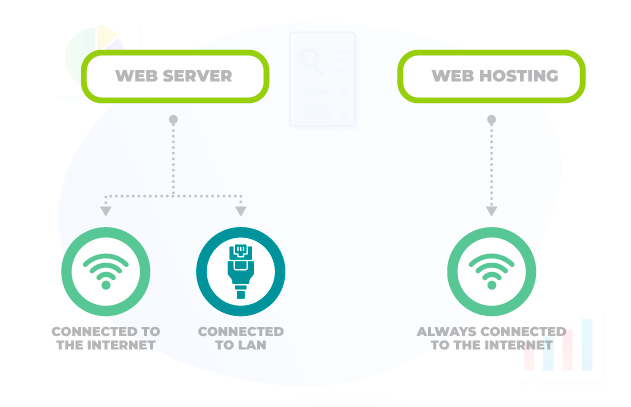Web Hosting vs Server: What’s the Difference?
When it comes to hosting a website, there are two primary options to consider: web hosting and server hosting. While both serve the same purpose of storing and serving website files, there are key differences between the two that can impact your website’s performance and functionality. In this article, we’ll explore the distinctions between web hosting and server hosting to help you make an informed decision for your website needs.
Web Hosting
Web hosting is a service that provides storage space on a server to host website files. When you sign up for web hosting, you are essentially renting space on a server that is maintained and managed by a hosting provider. This type of hosting is ideal for individuals and small businesses looking for a simple and cost-effective solution to get their website online. Web hosting providers offer various hosting plans with different levels of resources, such as storage space, bandwidth, and email accounts, to accommodate different website needs.
Web hosting is typically easy to set up and manage, making it a convenient option for those who are new to website hosting. Most web hosting plans also include features like one-click installation of popular website builders and content management systems (CMS) like WordPress, making it easy to create and manage a website.
Server Hosting
Server hosting, on the other hand, involves renting an entire physical server or a virtual server (VPS) solely for your website. With server hosting, you have complete control over the server resources, including CPU, RAM, storage, and bandwidth. This type of hosting is ideal for websites with high traffic volumes, custom applications, or specific security requirements.
Server hosting offers more flexibility and customization options compared to web hosting. You have the freedom to install and configure software, customize server settings, and optimize performance based on your website’s unique needs. However, server hosting requires more technical expertise to set up and manage, as you are responsible for maintaining the server, installing security updates, and troubleshooting any server-related issues.
Key Differences
- Resource Allocation: Web hosting offers shared resources among multiple websites, while server hosting provides dedicated resources for a single website.
- Control and Customization: Web hosting limits customization options, whereas server hosting allows full control and customization of server settings.
- Performance and Scalability: Server hosting offers better performance and scalability options for high-traffic websites.
- Cost: Web hosting is generally more affordable than server hosting, making it ideal for small businesses and individuals on a budget.
Ultimately, the choice between web hosting and server hosting depends on your website’s specific requirements, budget, and technical expertise. If you’re just starting out and need a simple solution to get your website online, web hosting is a great choice. However, if you have advanced technical skills and require full control and customization of your server environment, server hosting may be the better option for you.
Regardless of which hosting option you choose, it’s important to carefully evaluate your website’s needs and select a hosting plan that aligns with your goals and resources. With the right hosting solution in place, you can ensure optimal performance, security, and reliability for your website.
